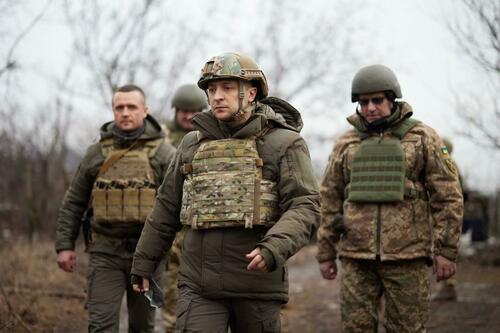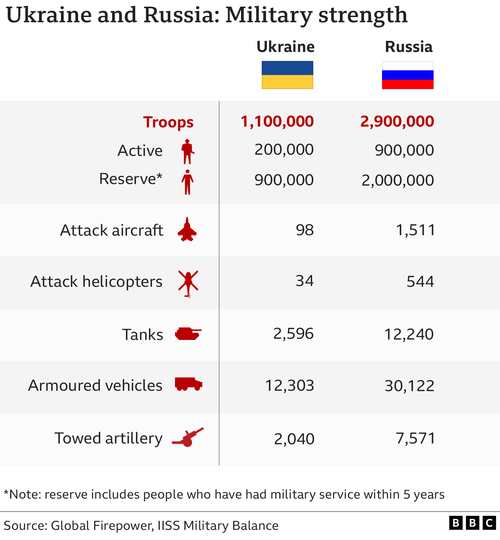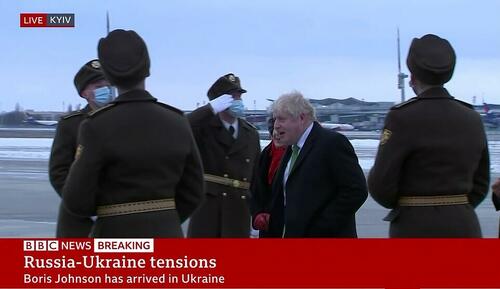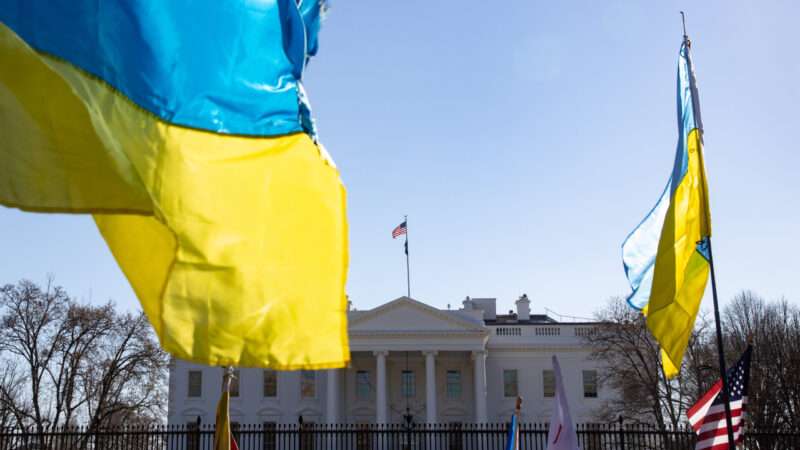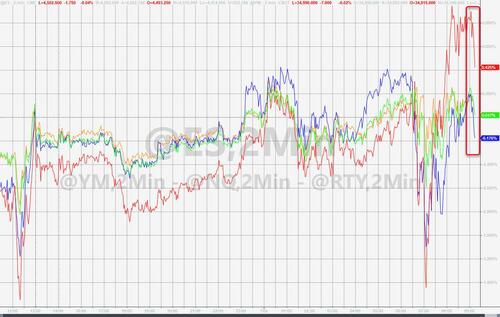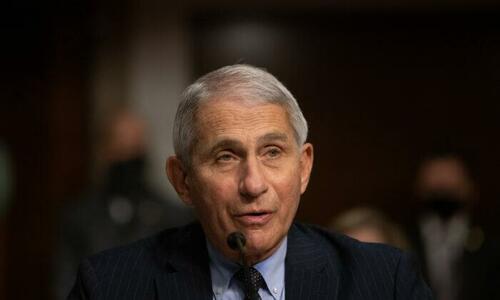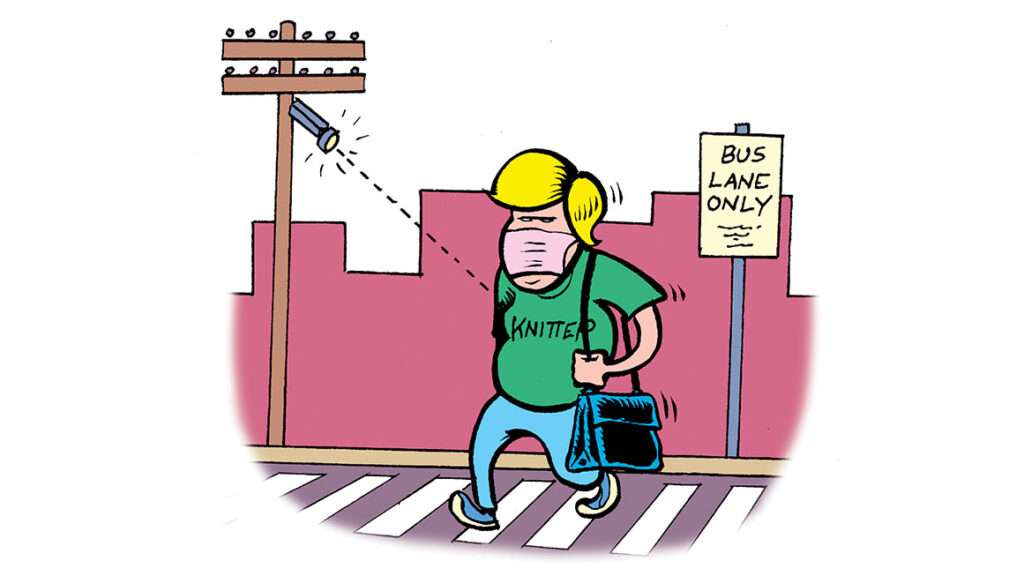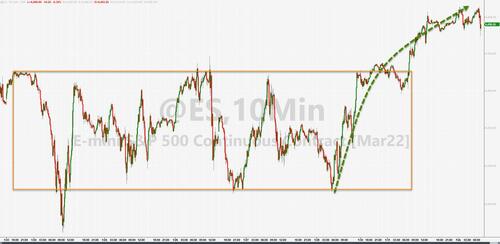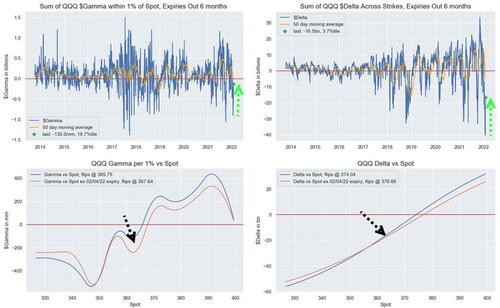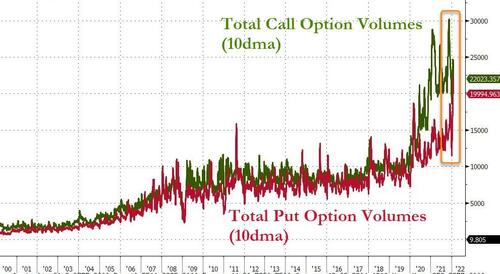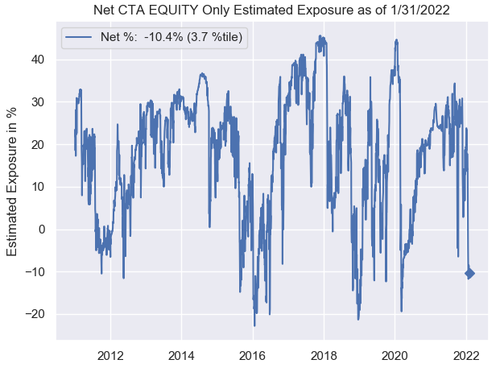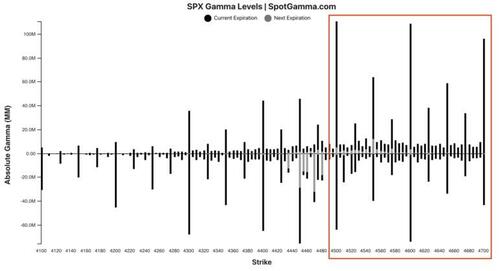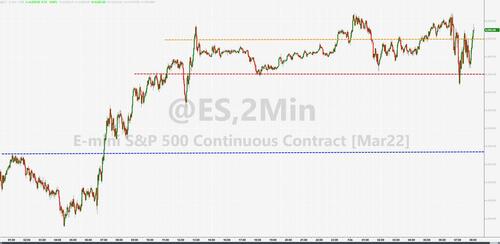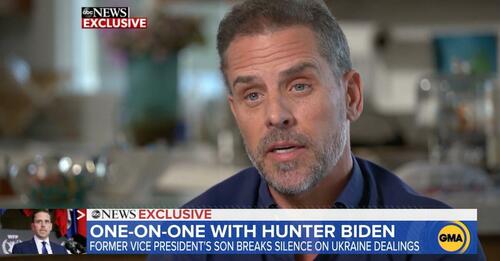This week, American and Russian officials are engaged in a diplomatic brawl over rising tensions in Ukraine. While Russia has denied that the 100,000 troops stationed on the Ukrainian border are gearing up for an invasion, President Joe Biden has begun to weigh how the U.S. will respond if Russia does invade. The past month has featured arms shipments to Ukraine, debates about NATO enlargement, and talks of sanctions against Moscow. And while American officials are responding to the situation with a sense of urgency, they’re missing important parts of the big picture.
Rajan Menon, director of the Grand Strategy program at Defense Priorities and expert on Russia and Ukraine, criticizes what he sees as misconceptions and oversimplifications of the conflict. “One of the problems in this crisis is that people have tried to find the magic bullet that explains everything,” Menon tells Reason. “And whether it’s on the Russian side or our side, there are many, many pieces going on.”
There’s no perfect solution to current tensions, but that hasn’t stopped some U.S. officials from quickly looking to American military might. The Pentagon has put 8,500 U.S. troops on “heightened alert” for potential deployment to Eastern Europe, and Biden has said that the U.S. will send troops to NATO countries “in the near term” (but not “a lot” of them). Just last week, the U.S. sent Ukraine a shipment of munitions as part of a $200 million security assistance package.
There are several issues with the instinct to jump straight to military-based actions, whether they involve boots on the ground or not. First, fewer than one in six Americans believes the U.S. should send American soldiers to defend Ukraine in the event of a Russian invasion. Second, as Menon argues, “Ukraine is not an ally…an ally is a country to which we have made a defense commitment.” Painting Ukraine as an ally distorts U.S. obligations and “misleads the American public.”
Third—and overlooked by politicians and pundits alike—is that Biden arguably does not have the authority to deploy troops in the way he’s suggested.
Proponents of U.S. involvement have pointed out that Article 5 of the North Atlantic Treaty—which says an armed attack on one NATO member “shall be considered an attack against them all,” triggering collective self-defense measures—might call the U.S. to act militarily, and allow Biden to do so without congressional approval. But Russian President Vladimir Putin has neither attacked Ukraine nor a NATO ally, rendering this concern moot for now.
What is concerning is Biden’s decision to deploy troops to NATO’s eastern flank without consulting Congress. While the president is authorized under the Constitution to direct the U.S. Armed Forces, he can only do so following a congressional declaration of war. Presidents have deployed U.S. troops across the globe without congressional approval countless times since the last official declaration of war, which came during World War II. Lawmakers passed the 1973 War Powers Act in an attempt to restrict such presidential overreach in conflicts, requiring the executive to remove any troops he’s deployed after 60 days if Congress doesn’t grant an extension.
Since 1973, the legislation has done little to restore Congress’ rightful war-making powers, and it likely won’t limit Biden’s Ukraine-adjacent deployment. “The War Powers Act has almost pretty much become meaningless, because presidents have clever lawyers who make the case that this is not actually a war,” says Menon. “The imperial presidency has, in this respect, kind of sidelined Congress.”
Though sidelined in this conversation, Congress hasn’t been much better in its own approach to the conflict. The Intercept reported last week that House Democrats were planning to expedite a massive bill that would greatly expand U.S. security assistance to Ukraine and map out dramatic sanctions on Russia. House Speaker Nancy Pelosi (D–Calif.) reportedly told her colleagues that she hoped to skip the markup stage. “This is how the space for nonmilitary options gets slowly closed off in Washington, without any real debate,” a senior Democratic aide told The Intercept. A Senate bill, meanwhile, would send $500 million in military aid to Ukraine and give it priority status for excess defense equipment.
Concerned politicians have invoked “the United States’ withdrawal from Afghanistan” and warned of a rising “new Iron Curtain” if the U.S. doesn’t forcefully (and militarily) counter Russia. This, too, puts matters in overly simplistic terms. “The question’s not abandonment versus sending American troops to fight on Russia’s doorstep,” says Menon, pointing to a “continuum of measures” that Biden could take instead.
Right now, the U.S. should be doing all it can diplomatically to avoid conflict with Russia. That could take a number of forms: prioritizing U.S.-Russia bilateral talks, offering Russia a moratorium on Ukrainian NATO admission, and halting U.S. military aid to Ukraine in exchange for Russia stopping its military buildup on the border. Russia is chiefly responsible for current tensions, and Putin’s finger is on the trigger, but compromise will be necessary to prevent a full-blown invasion.
Russian and American envoys met yesterday in the United Nations Security Council to discuss tensions in Ukraine, though the talks featured little more than harsh words. “We’re going to go in the room prepared to listen to [Russia],” America’s U.N. Ambassador Linda Thomas-Greenfield said in advance of the meeting. “But we’re not going to be distracted by their propaganda, and we’re going to be prepared to respond to any disinformation that they attempt to spread during this meeting.”
“If anything, the strident rhetoric might get—unless it’s carefully done—the two sides to go further out and take positions that they’ll have a hard time climbing back from,” Menon says.
Even if U.S. politicians do end up rethinking their approach to the conflict, they will still need to tackle their underlying assumptions. This is a prime opportunity to reconsider U.S. military obligations (perceived or real) to war-prone nations, the tendency to address tensions with soldiers and weapons rather than negotiations and compromise, and America’s deep involvement in European security. As with so many other aspects of Ukraine-Russia tensions, American lawmakers ignore the bigger picture at their own peril.
The post The U.S. Needs To Rethink Its Approach to Ukraine and Russia appeared first on Reason.com.
from Latest – Reason.com https://ift.tt/fWY4Qyo1K
via IFTTT
